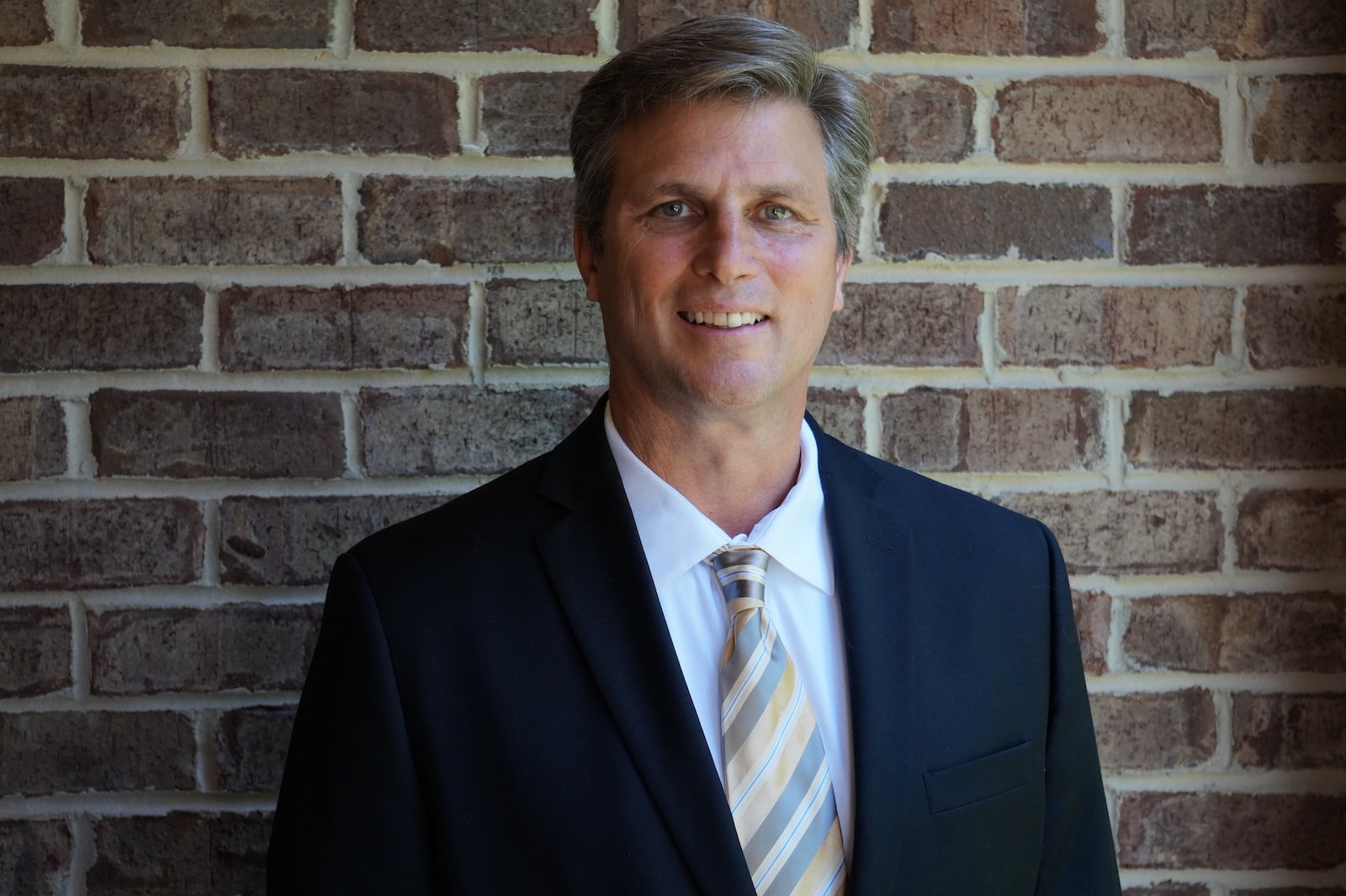A real and persistent challenge to creating a WITH culture in any group or organization lies in how individuals approach information. Absolutists see things in absolute or irrefutable ways – a balance sheet profit is a profit, is a profit. Relativists see things in context so they might argue that a balance sheet profit is just seen that way because of the conventions or equations that are used to declare it so.
Absolute and relative views of the world can make it difficult to get to a WITH culture and build resilient WITH relationships. Unless we are willing to dig a little deeper with each other and understand where our firmly held views come from.
Some time ago I was trying to come up with examples of “absolute” truth that everyone or nearly everyone could agree upon – at least in a general way. I thought I’d found two. I started with gravity. Gravity can be simply described as “the thing” that causes other “things” to fall. More precisely, physicists might explain how mass bends space which causes other masses to fall into the warp or “dip” in space that surrounds that mass. But I think most people, however they describe the force and effect we call gravity, could agree that it exists – it’s an absolute truth.
I then tried arithmetic. I suggested to a friend that everyone could agree that 1+1=2 as a second absolute truth. But, he suggested, it might not always be absolutely true. I couldn’t imagine why so he explained that there are rules and assumptions in that simple equation that I encounter all the time. The first assumption lies in defining what is meant but “1”. Is 1 just 1 or is it anything from 0.5-1.49 where the decimals are subsumed into the final expression of the equation?
This example may be torturous for some but the rounding up and down of decimalized numbers is common and their final expression as whole numbers is also quite common.
Underlying so much of what someone thinks is absolute and another person finds relative are assumptions, rules, practices that may not be immediately evident. Rather than battling over whether life is lived in absolutes or in relativist experience maybe we can take the time to sincerely ask and explore why something we think is absolute, true or beyond question might be seen differently by another person.
I am a person who believes in absolute truth. But I believe we know far less of it than we assume. My experience with arithmetic only reinforced that. I don’t believe that people, we call “post-modernist” who see the world through relative truth are my enemy. I want to live in a world WITH them where we search for agreement. But I would never expect them to just accept my absolutist view just as I have no intention to depart entirely from my belief in absolute truth. Why can’t we find a way to emphasize our similarities and respect our differences. A culture of WITH is a culture that can take a stand but without always demanding surrender. There may be truths in relationships and cultures that are as absolute as gravity – the absolute dignity of the human being is an example that comes to mind. But, maybe some of life is like arithmetic and there are rules and assumptions guiding how you read the equation that are different than how I read it. Maybe it’s worth a conversation.



